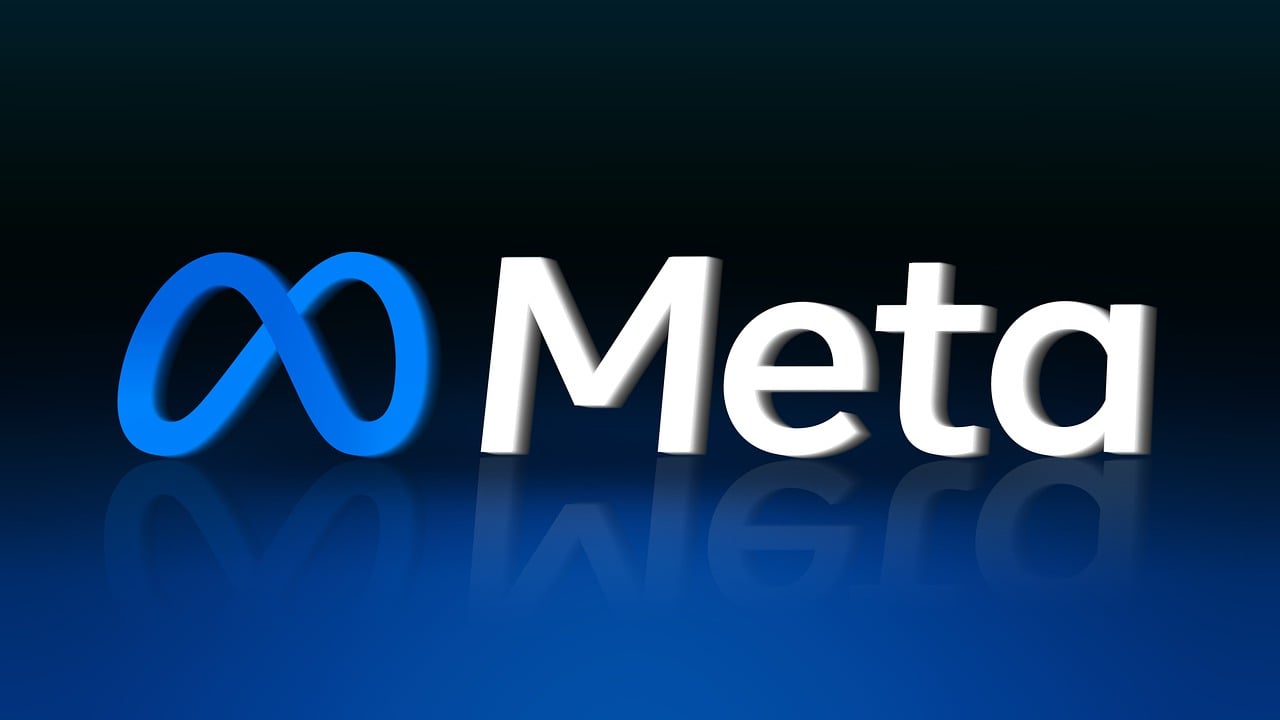
Meta Expands AI Chatbot to New Languages, Including Hindi
Meta, the parent company of Facebook, is broadening its AI chatbot’s reach. Meta AI now supports seven new languages. This includes Hindi and Hindi-Romanized Script (Hinglish). The expansion aims to compete with other AI chatbots like ChatGPT, Gemini, and Copilot.
This update follows Meta’s initial rollout in India last month. India is Meta’s largest market. It has over a billion users across Meta’s apps. These apps include Facebook, WhatsApp, Instagram, and Threads.
Users can now interact with Meta AI in several languages. These include Hindi, French, German, Italian, Portuguese, and Spanish. Meta plans to add more languages in the future. The chatbot is available on WhatsApp, Instagram, Messenger, and Facebook.
Meta AI launched in September 2023. It was part of Meta’s push into generative AI. The chatbot is now available in 22 countries. New countries include Argentina, Chile, Colombia, Ecuador, Mexico, Peru, and Cameroon.
Mark Zuckerberg, Meta’s CEO, shared an update on Instagram. He stated that Meta AI is on track to become the most used AI assistant this year. Hundreds of millions of people are already using it.
Meta is also introducing new creative tools. These tools allow users to create AI-generated images of themselves. Users can place themselves in different eras, places, or styles. For example, users can create an image of themselves in a retro video game.
Users can now create images directly within Meta’s apps. This feature is available in feeds, stories, comments, and messages. Meta AI’s new editing capabilities allow users to add, remove, or change objects in images.
Meta is also launching a new “Edit with AI” button next month. This will allow users to fine-tune AI-generated images further.
Alongside these updates, Meta released Llama 3.1. This is the latest version of its open-source large language model. Llama 3.1 comes in three variants. The largest model has 405 billion parameters.
Users can access the larger Llama 405B model on Meta AI’s web app and WhatsApp. This model has improved reasoning capabilities. It can understand and answer complex questions, especially in math and coding.
Meta AI can now help with math homework, provide coding support, and explain complex technical concepts. Zuckerberg has hinted at future models with more capabilities. These may include longer context windows, multilingual support, and multi-modal understanding.
Meta’s AI expansion shows its commitment to competing in the AI chatbot market. By offering support in multiple languages and new creative tools, Meta aims to make its AI assistant more accessible and useful to a global audience.






